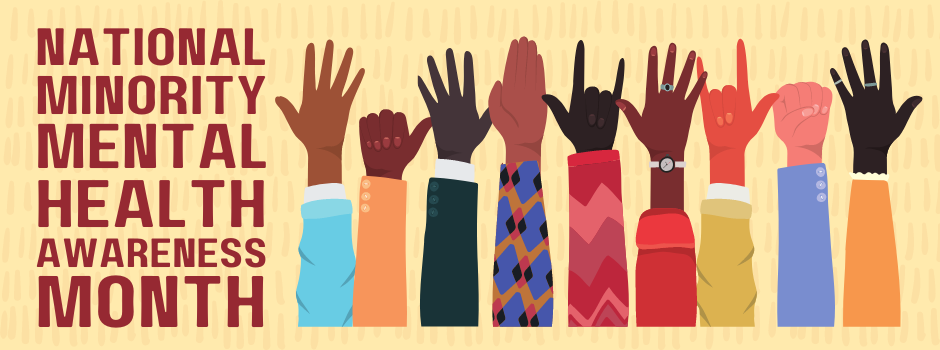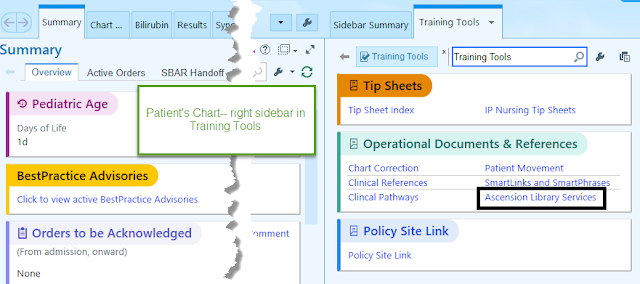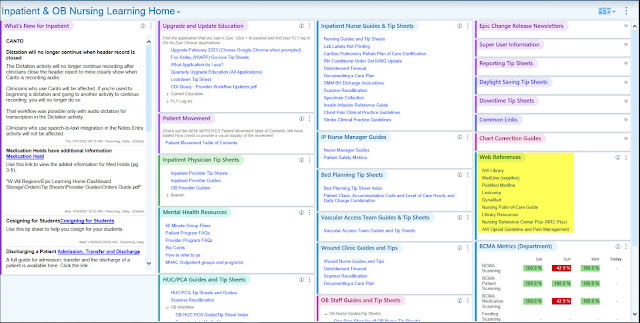
Guest post by Miles Dietz-Castel at the National Network of Medical Libraries (NNLM), Region 6. The NNLM is the outreach arm of The National Library of Medicine, supporting health care professionals and providing a wealth of information to better care for our patients.
In 2008, July was declared as National Minority Mental Health Awareness Month, also known as Bebe Moore Campbell National Minority Mental Health Awareness Month. Campbell (1950-2006) was a teacher, journalist and mental health advocate who was passionate about bringing awareness to mental health struggles minority communities often face.
Mental health includes our emotional, psychological, and social well-being. It affects how we think, feel, and act as we cope with life. It also helps determine how we handle stress, relate to others, and make choices. More than 1 in 5 US adults live with a mental illness. Mental health issues are treatable and often preventable, but not everyone has access to the resources they need. People in some racial and ethnic minority groups face more challenges than others getting mental health care. These can include factors such as lack of access to quality mental health care services, cultural stigma surrounding mental health care, discrimination, and overall lack of awareness about mental health.
Learn more about prioritizing Minority Mental Health with these resources below.
* Center for Disease Control and Prevention (CDC)
* U.S. Department of Health & Human Services, Office of Minority Health
* National Alliance on Mental Health (NAMI)
* MedlinePlus – Mental Health and Behavior Health Topics
* PubMed – Minority Mental Health
* Multilingual Health Media Resources on Mental Health and Behavior
Region 6 is working to improve health equity by establishing State Advisory Group (SAG) action plans and funding for each state. Many of these plans focus on minority mental health. See the list of each state plan here.
This post originally appeared on the Midwest Matters Blog on July 7, 2023.
Used by permission.
Disclaimer: The views and opinions in this post are solely those of the author, and may not be reflect those of Ascension Health Care.






.jpg)




.jpg)









